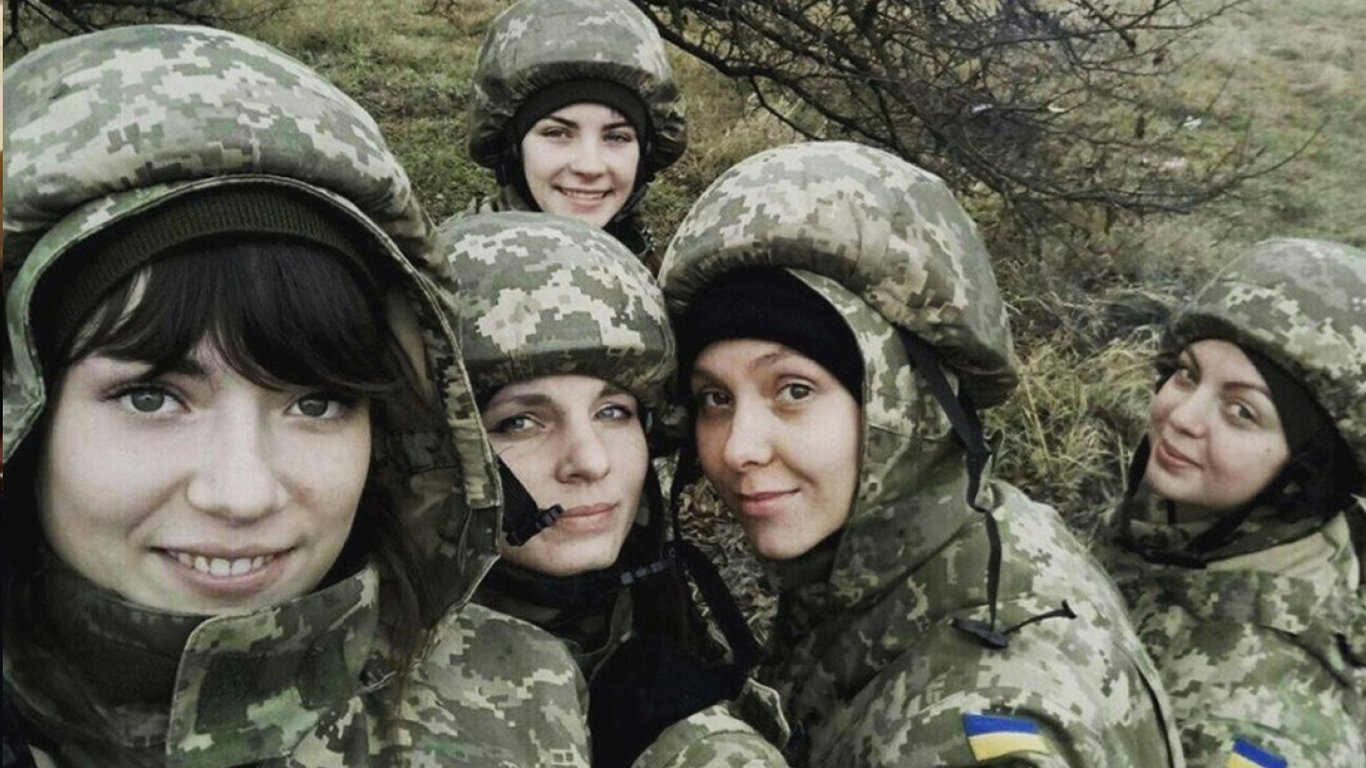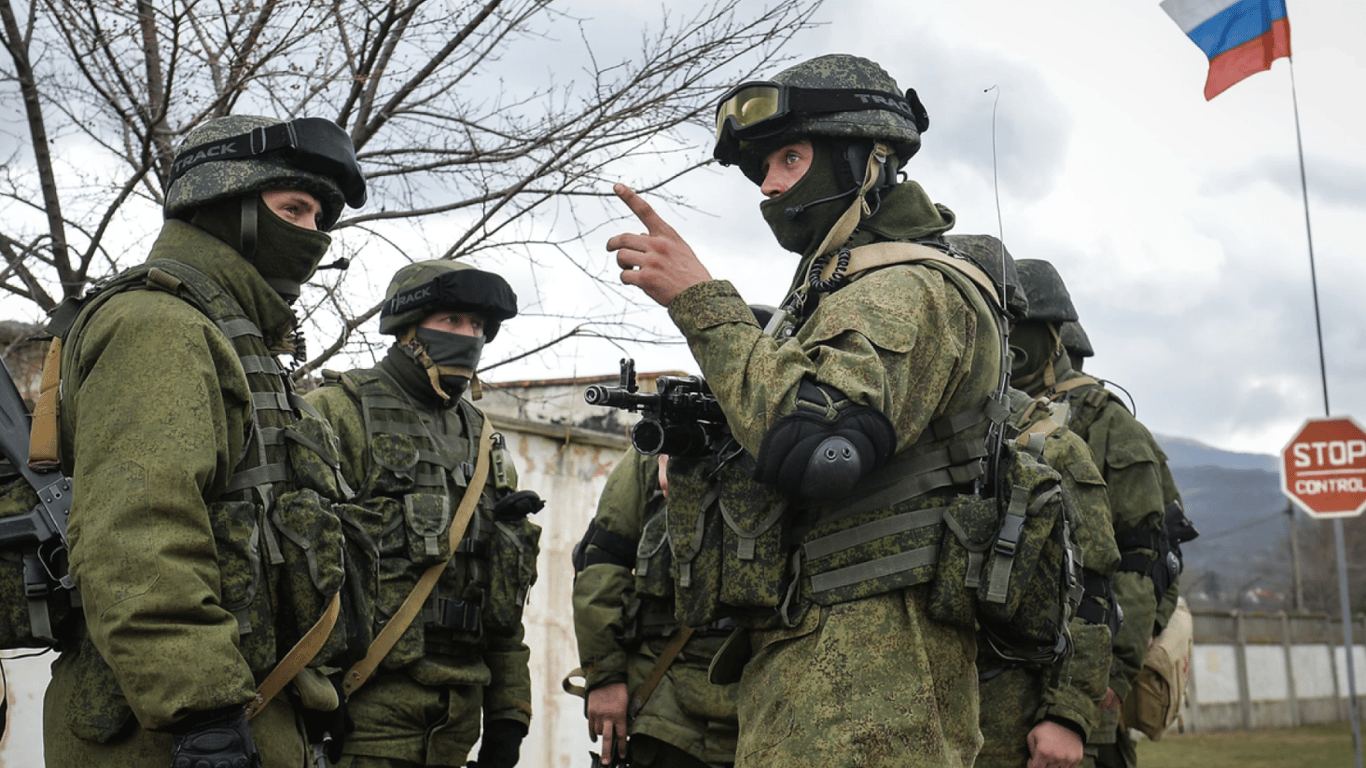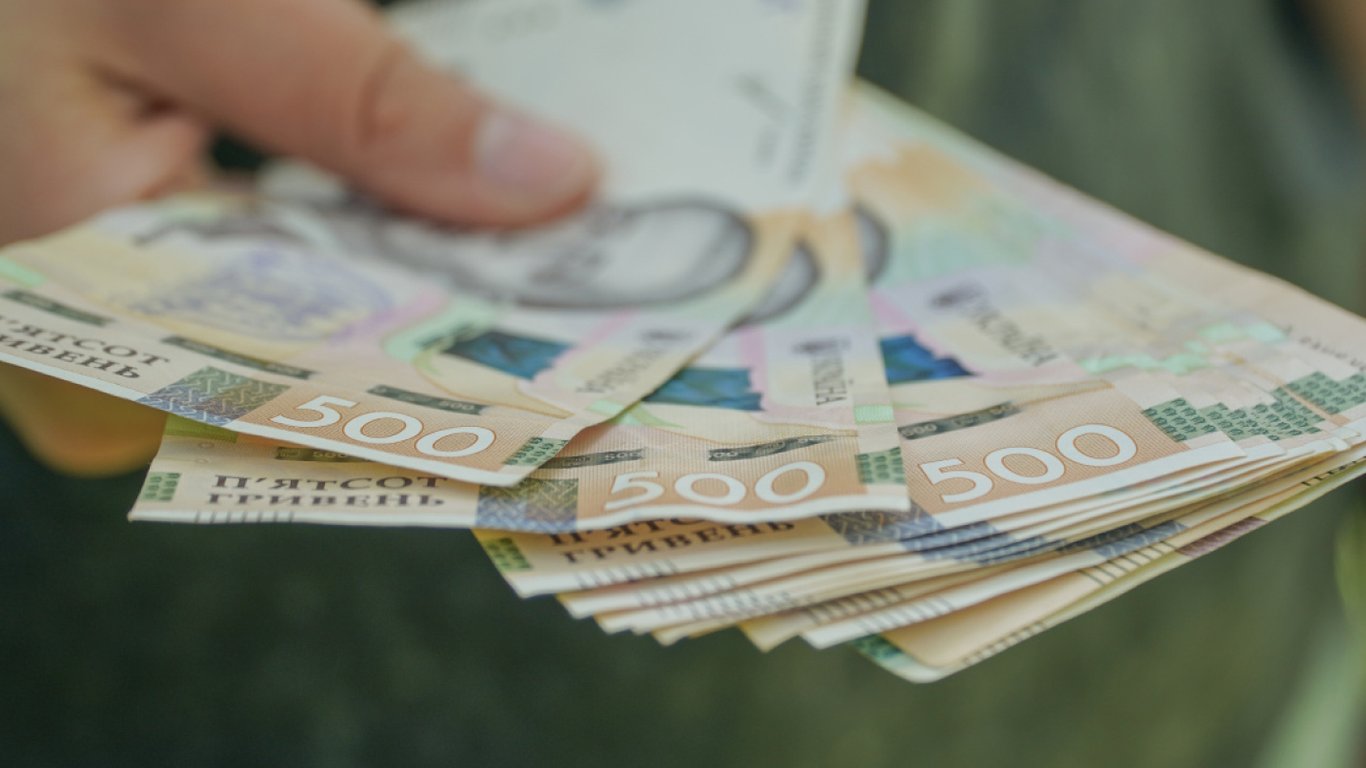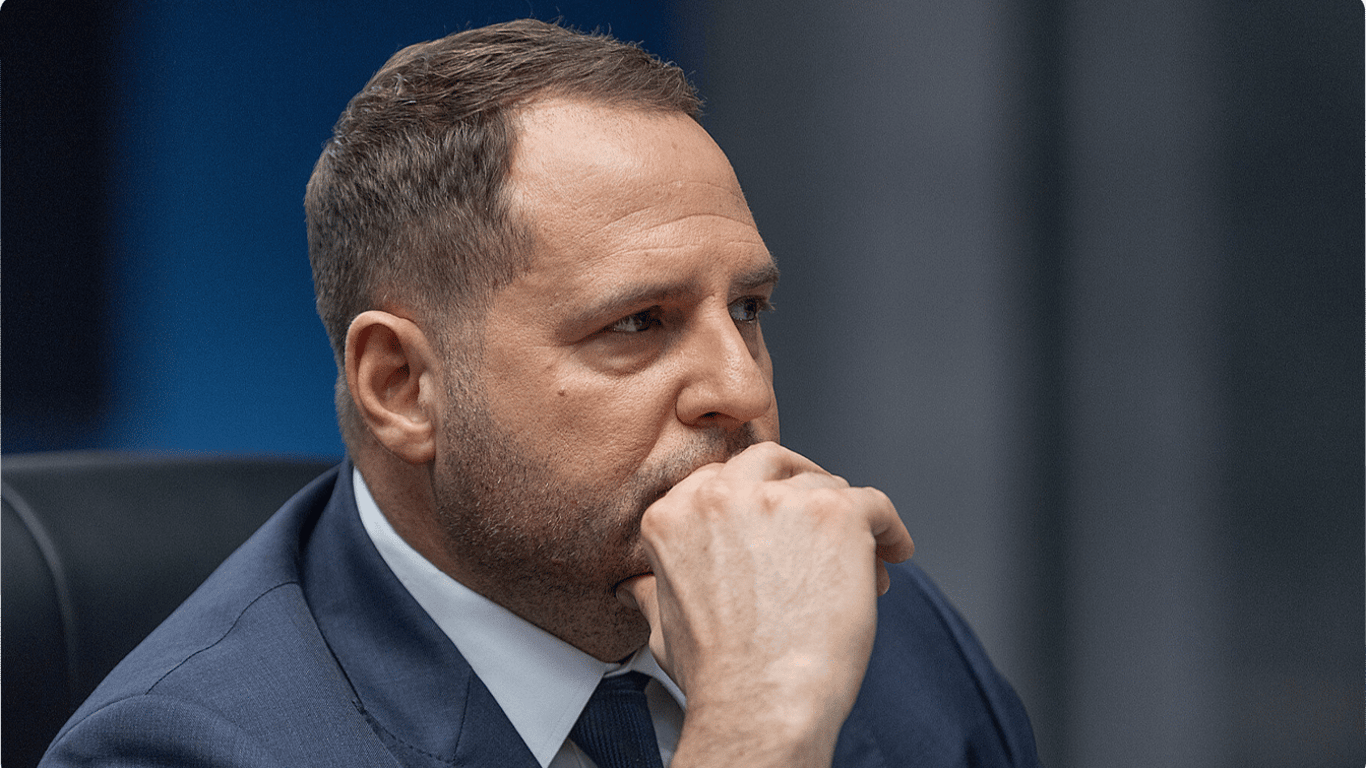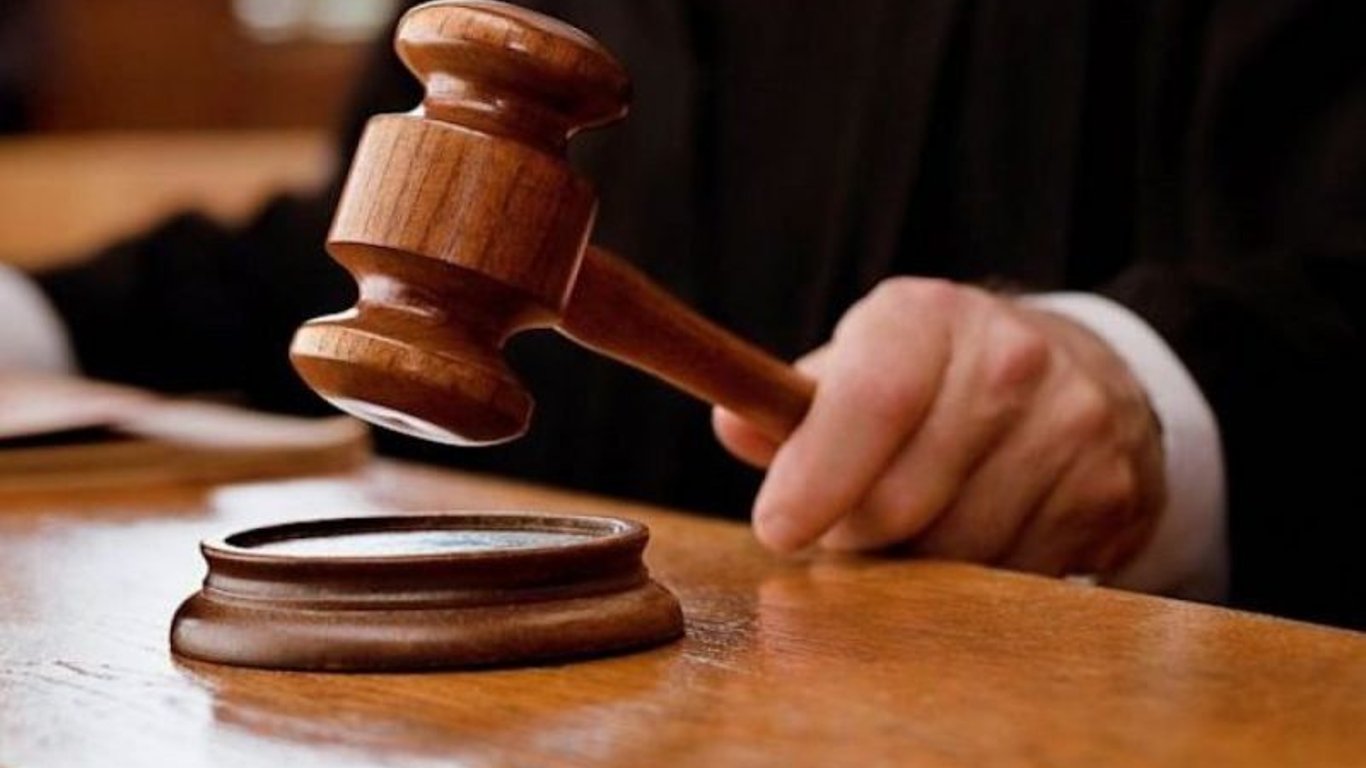We must wait for provocations: Sybiha said how to make Russia respect the ceasefire.

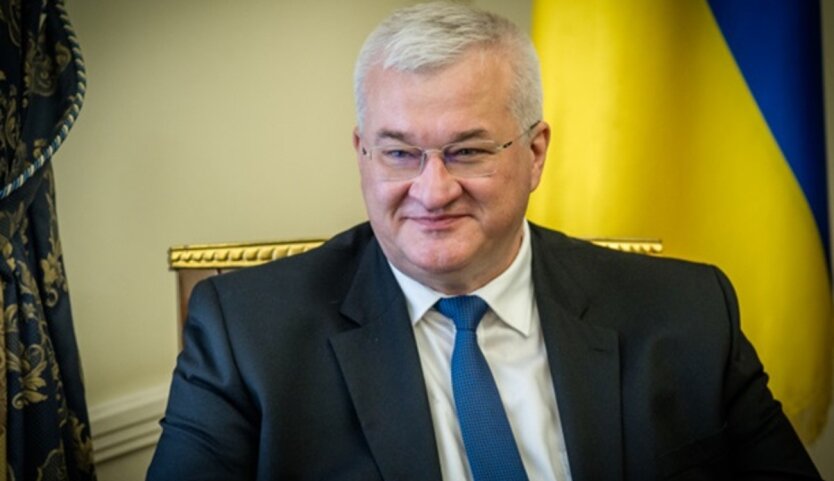
The Minister of Foreign Affairs of Ukraine, Andrii Sybiha, spoke about how to monitor and adhere to the ceasefire so that Russia does not violate it. In an interview with 'RBK-Ukraine', he stated that achieving a ceasefire is a complex process, but emphasized that this temporary ceasefire of 30 days should not lead to a freezing of the conflict.
According to Sybiha, Ukraine should expect provocations from Russia, as the Russians do not adhere to their ceasefire agreements. He expressed the opinion that there needs to be an effective control mechanism that should include an international component, but it should also depend on Ukraine, as the conflict occurs on its territory.
The minister also noted that Ukraine is already forming a national team that will develop modalities and algorithms for monitoring the ceasefire. He also suggested the possibility of using drone technology to monitor violations and provocations from Russia.
Sybiha indicated that typically control mechanisms operate under the auspices of international organizations, but it is important to carefully discuss the feasibility and appropriateness of including such an international component in the context of monitoring the ceasefire.
The minister stressed the need for consultations with European colleagues and the American side on this issue, considering the negative experience of previous years. He also stated that expertise and collective diplomatic wisdom are needed for this.
Read also
- The TCC may fine some women — who does this concern
- Occupants are killing their own military — a new story
- Who is guaranteed a minimum pension of 6,000 UAH — explanation from the Pension Fund of Ukraine
- Russia may lose billions from Lindsey Graham's law — Yermak named the amount
- How to Return from AWOL Under a Simplified Scheme — Response from the Ministry of Defense
- The godfather of the fallen soldier embezzled the payment - court ruling
